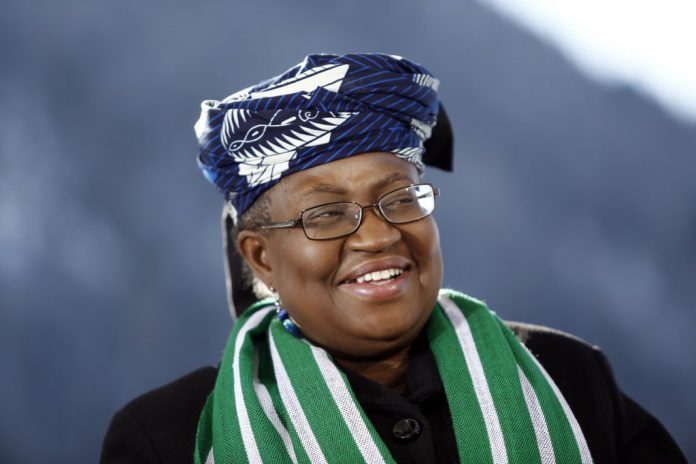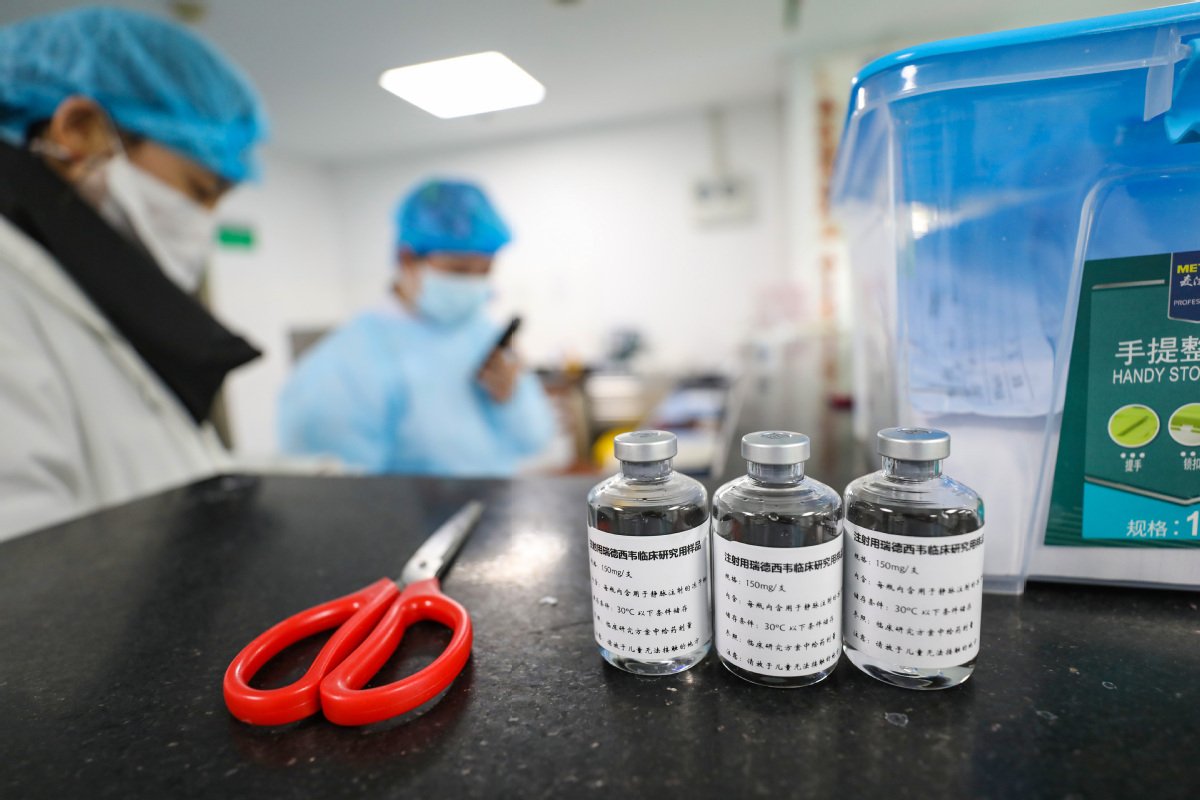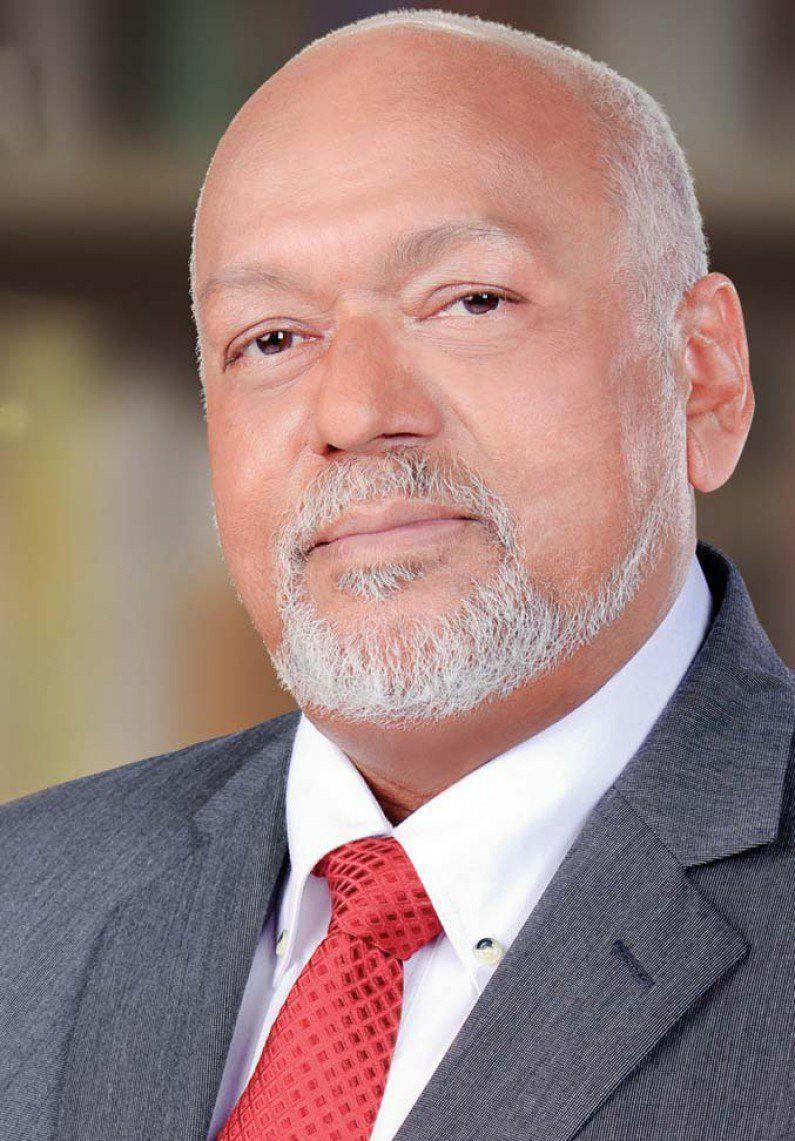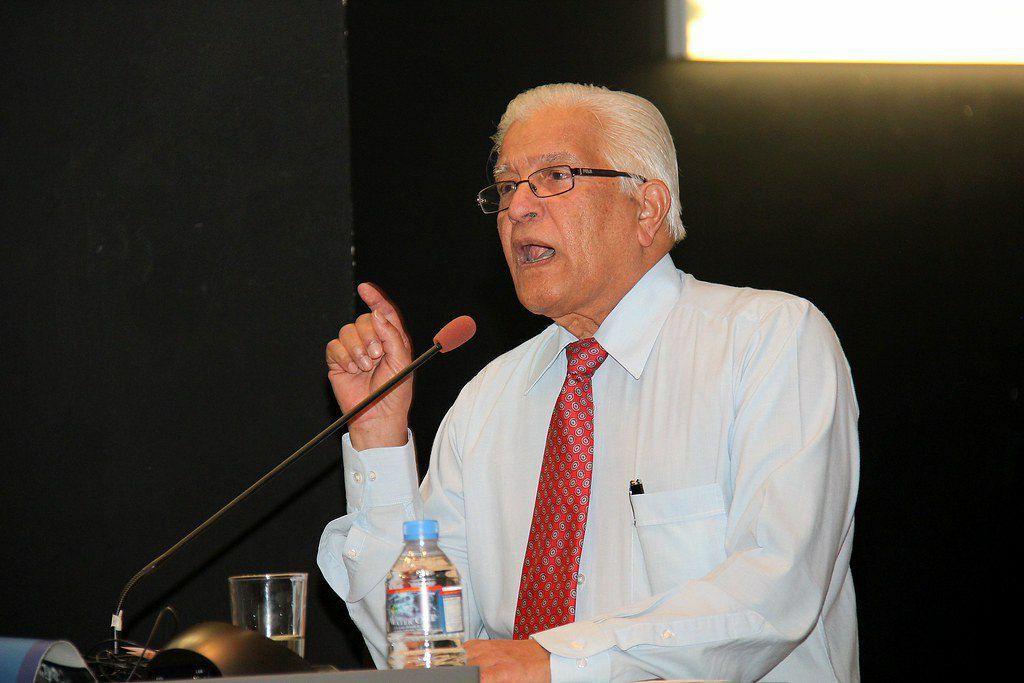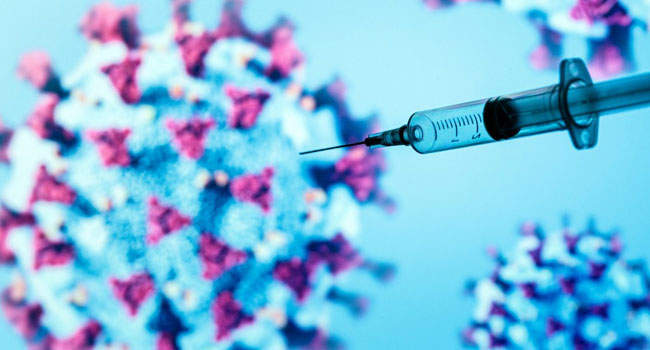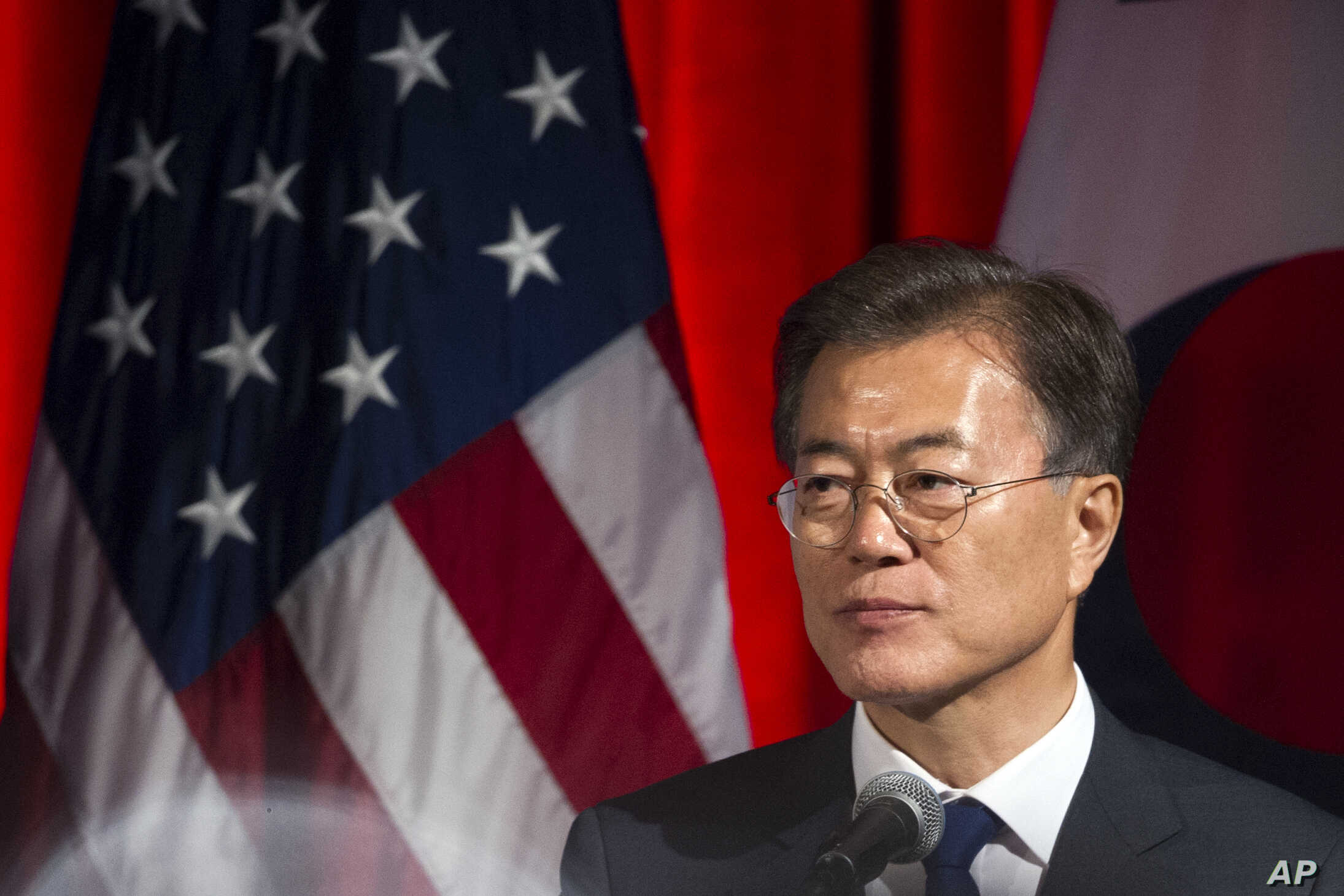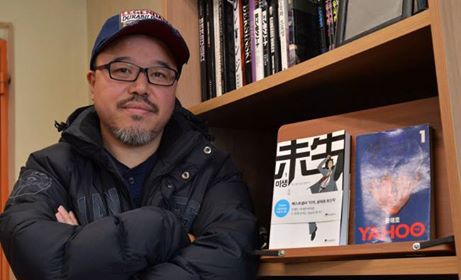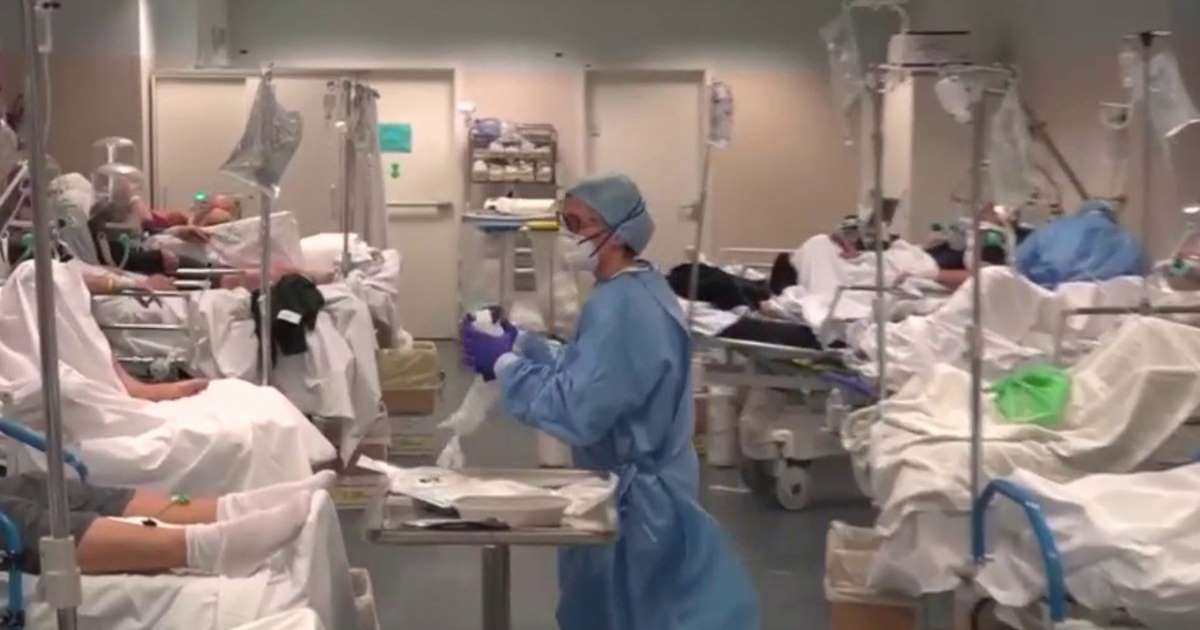Dr Ngozi Okonjo-Iweala has been given a new hope as South Korea has reportedly dropped its candidate, Yoo Myung-hee for the position of Director General of the World Trade Organization (WTO).
Washington Trade Daily reported that the South Korea’s trade minister is set to withdraw from the race, quoting several sources familiar with the matter.
Washington Trade Daily quoted sources as saying South Korea has notified the US of its decision and is expected to make it public “in the coming days.”
“Washington refused to accept the recommendation made by the selection panel chaired by General Council Chair Ambassador David Walker that Mrs Okonjo-Iweala is the candidate most likely of the two to attract consensus because she clearly carried the largest support by members in the final round and clearly enjoyed broad support from members from all levels of development and from all geographic regions and has done so throughout the process.
“Yoo from Korea failed to receive enough support from members of all levels of development that is developed, developing and least developing countries, as well as geographically in comparison to the “largest” support received by Mrs Okonjo-Iweala,” the report stated in parts.
Okonjo-Iweala had secured the popular vote by a wide margin on October 28 but was not named DG because the US opposed her candidacy.
After the October 28 meeting, WTO also said Okonjo-Iweala had the best chance of getting a consensus.
A November 8 general council meeting scheduled to consider the appointment of the next DG was postponed.
Another general council meeting has been scheduled for December 17 to finalize the process.
